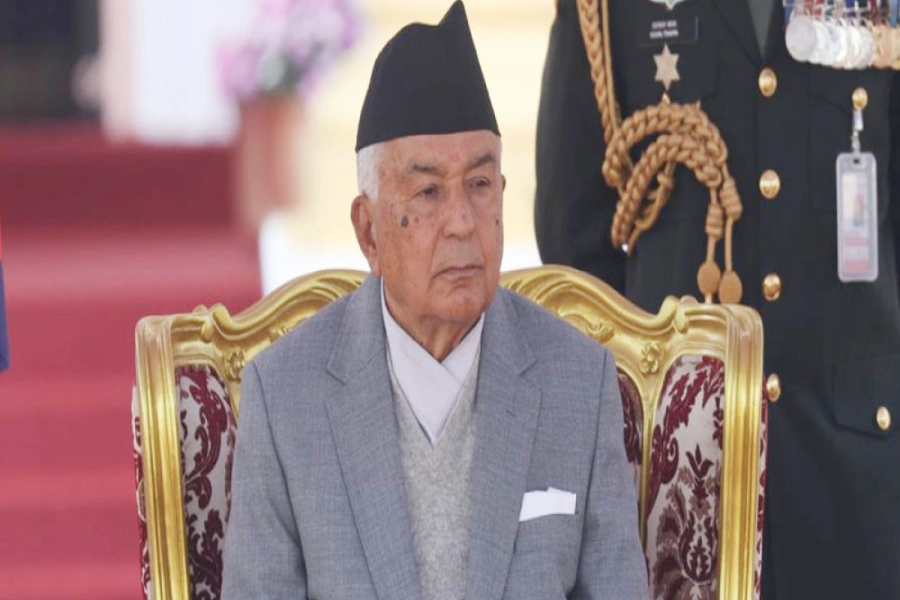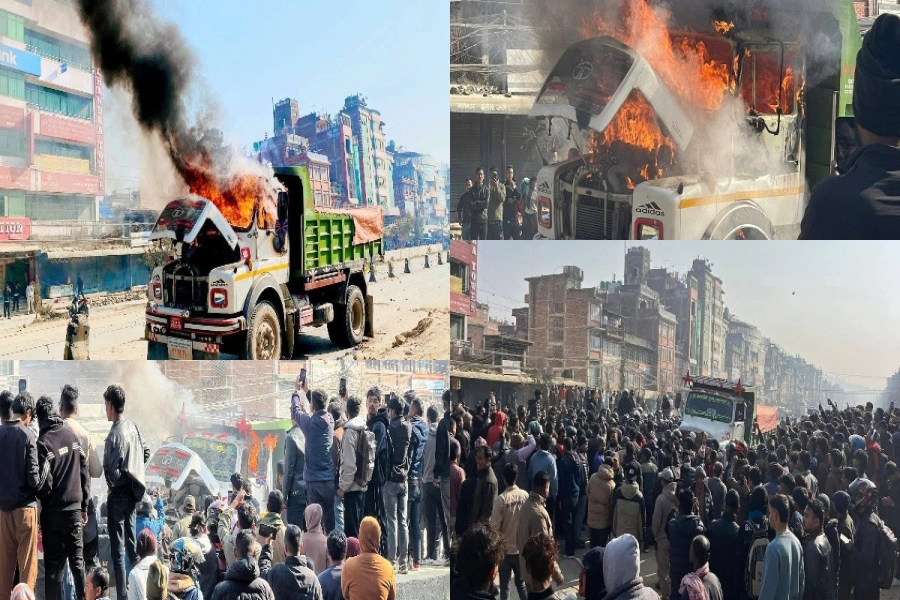KATHMANDU, Sept 7: Minister for Energy Janardan Sharma has said that the government is preparing to sign the Project Development Agreement (PDA) with the promoters of the 216 MW Upper Trishuli-1 hydroelectricity project.
Speaking at a forum titled “Foreign Direct Investment in Hydropower” jointly organized by International Finance Corporation (IFC), Independent Power Producers’ Association of Nepal (IPPAN) and Nepal Water and Energy Development Company (NWEDC), in the capital on Tuesday, Minister Sharma said, “the PDA for Upper Trishuli-1 will be signed soon."
Sharma further said that it is high time for Nepal to attract FDI to exploit its rich water resources. “We have both natural and human resources. What we do not have is enough investment. Therefore, the importance for FDI is very high for Nepal,” said Minister Sharma.
Stating that Nepal has already signed a Power Trade Agreement (PTA) with India, a huge market for Nepal’s hydroelectricity, Minister Sharma said this agreement is going to encourage FDI in Nepal’s hydropower sector.
Govt signs PDA with Upper Trishuli-1

He went on to say that it takes years for hydropower promoters to get license and sign Power Purchase Agreement (PPA) and Power Development Agreement (PDA). “This does not encourage the foreign investors,” added Sharma.
Similarly, speaking at the program, Maheshwor Neupane, Director General of the Department of Industry, said the government has a policy of prioritizing the hydro sector for FDI. He also said that FDI in hydropower sector has been increasing, though slowly.
Stating that the Korean government has built fundamental industries and developed Korea’s economy through foreign loans and foreign direct investment, Choe Yong Jin, Korean Ambassador to Nepal said, “Nepal has one of the largest potentials in generating hydropower. But such a great potential can only be materialized into reality through investment. And this investment is possible through discussions with all the stakeholders and decisiveness and strong will of the leaders.”
Envoy Jin expressed hope that the Upper Trishuli-1 Project, which is being developed by the international consortium NWEDC in collaboration with Korea South-East Power (KOSEP) and IFC, will make significant contribution to increasing total hydropower generation of Nepal.
Likewise, Heo Yup, CEO of KOSEP, shared Korea’s FDI-funded development story. “Realizing that borrowing foreign funds and inviting FDI were essential for infrastructure development, Korean government took various measures to protect foreign capital and, as a result, it attracted large amounts of foreign capital.”
As a result, Yup said, Korea was able to build a base for a sharp economic growth that surprised the whole world.
“At last, after 30 years of receiving FDI, Korea became one of the top 10 exporting countries in the world, with its export volume of USD 2,000 billion. Now, it is Korea who makes FDI in other countries.”
Comparing Nepal and Korea, he said both the countries have a similar geography.
Similarly, speaking at the program, Khadga Bahadur Bisht, President of Independent Power Producers’ Association Nepal (IPPAN), said that the policy makers of our country should seriously dwell on the FDI. “We have been seeking FDI since 1981. But there have been only a few hydro projects funded through FDI. Nepal hasn’t done well in terms of attracting FDI.” Nepal’s policy makers have to give priority to FDI, he added.
A panel discussion was held in the second session of the program. The panelists were Suman Prasad Sharma, Secretary of Ministry of Energy, Khadga Bahadur Bisht, President of IPPAN Iqbal Munawar, Project Manager PPIB, Pakistan, Kamal Dorabawila, Principal Investment
Officer of IFC, Michael Boyd, USAID, Energy Policy & Strategy Advisor. The panel discussion was chaired and moderated by former National Planning Commission member, Dr Swarnim Wagle.





































